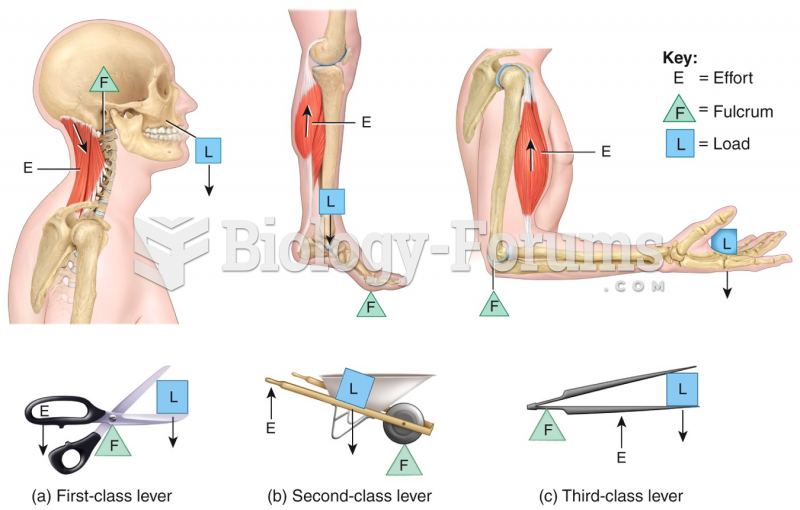Answer to Question 1
1 . Heartbreakers. They seek to form an emotional bond with a staff member, which can even lead to marriage; they generally act alone and may spend several months courting a staff member.
2 . Exploiters. They use an employee as a means of obtaining contraband or fun and excitement; they usually act with the help of other inmates, are very manipulative, and are likely to use a lever (intimidation) on prison employees.
3 . Hell-raisers. These inmates engage in a unique kind of psychological warfare, and simply want to cause trouble and create hell for the prison system. They often have a long history of personal involvement and form relationships as a way to create problems or disruptions. They thrive on putting staff members in situations where their jobs are compromised and enjoy the notoriety that follows the exposure of their relationship. They focus on staff members (e.g., secretaries; trustees have even become involved with staff members' spouses) rather than security officers.
Answer to Question 2
Prison and jail corruption differs from other forms of public corruption because of the uniqueness of the environment, function, opportunities, and patterns of relationships of correctional institutions. Prison and jail personnel must control a reluctant, resistant, and sometimes hostile inmate population whose welfareand comfortable lifestyle, by their standardsmay seem better served by corruption than by honest compliance with prison rules; a culture of manipulation and violence may ensue.
Prevention:
1 . Upgrade the quality of correctional personnel. The entry-level pay for correctional officers must be competitive. Correctional administrators should ensure that their hiring standards are competitive enough to attract qualified applicants yet high enough to keep high-risk applicants from employment.
2 . Establish quality-based supervisory techniques. Supervisors should realize that loyalty to moral principles is more durable than loyalty to individuals, and understand that although trivial and insignificant policy violations can be justified, serious transgressions must be earnestly reported .
3 . Strengthen fiscal controls. Most acts of prison corruption involve the illegal acquisition of money. Therefore, establishing financial controls is an effective tool for checking corruption in correctional institutions and involves the proper conduct of pre-audit and post-audit controls.
4 . Emphasize true ethical training. If correctional leaders truly want their subordinates to act professionally, to pursue integrity, fidelity, and obligation, and to shun corruption, they should support and increase such training. Doing otherwise would signal that the subject is unimportant.







